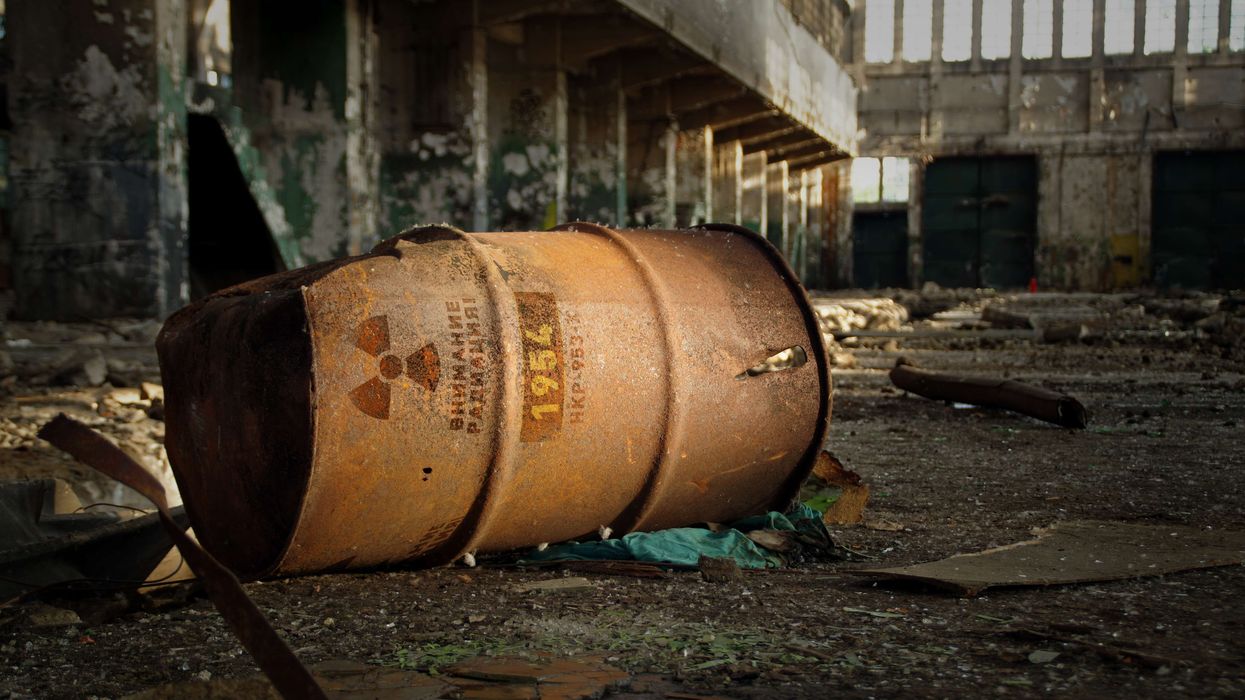THE Prince of Wales has backed the British Asian Trust’s (BAT) Covid-19 emergency appeal for South Asia, urging people to help provide “hope to those who face the most desperate circumstances”.
South Asia is home to 27 per cent of the world’s poorest people and now millions of vulnerable families are in a bleak situation because of the pandemic.
The British Asian community — which is at the forefront of UK’s fightback through frontline workers and community support — is seeking to express solidarity with their friends and family in South Asia.
Prince Charles, founding patron of the British Asian Trust, voiced his support to the BAT’s initiative via a video recorded at Birkhall on Friday (24).
“Over 400 million daily workers have seen their livelihoods disappear with no form of income and no savings. They and their families now face a fight of survival,” he said.
“The British Asian Trust’s Covid-19 emergency appeal will support those in India, Pakistan, Bangladesh and Sri Lanka who need it most. With your generosity the British Asian Trust will help those who have nowhere else to turn and offer hope to those who face the most desperate circumstances. With your help we can make a difference.”
With a large section of the South Asian population relying on daily wages — that now no longer exist — families are in a fight for survival.
With more than 13 years’ experience of being a trusted bridge between the British Asian community and welfare projects in India, Pakistan, Bangladesh and Sri Lanka, the BAT assured maximum impact for donations.
The trust said it would extend support in the form of cash transfers, food packages, PPE, testing kits, hygiene products and helpline support.
“We have worked with our existing programme partners to adapt their work for emergency response, and we have recruited several new trusted partners to ensure we reach the most vulnerable,” said the BAT in a statement.
Manoj Badale, chairman of the BAT, said: “As the full extent of the COVID-19 virus becomes apparent across South Asia, we at the British Asian Trust believe that we must act now to help those in most need across India, Pakistan, Sri Lanka and Bangladesh.
“We look forward to working with the British Asian diaspora to see how to ensure we can support the millions affected by this pandemic.”
Donations can be made through www.britishasiantrust.org





 Neha Nagar Neha Nagar
Neha Nagar Neha Nagar  Neha Nagar
Neha Nagar Neha Nagar
Neha Nagar






